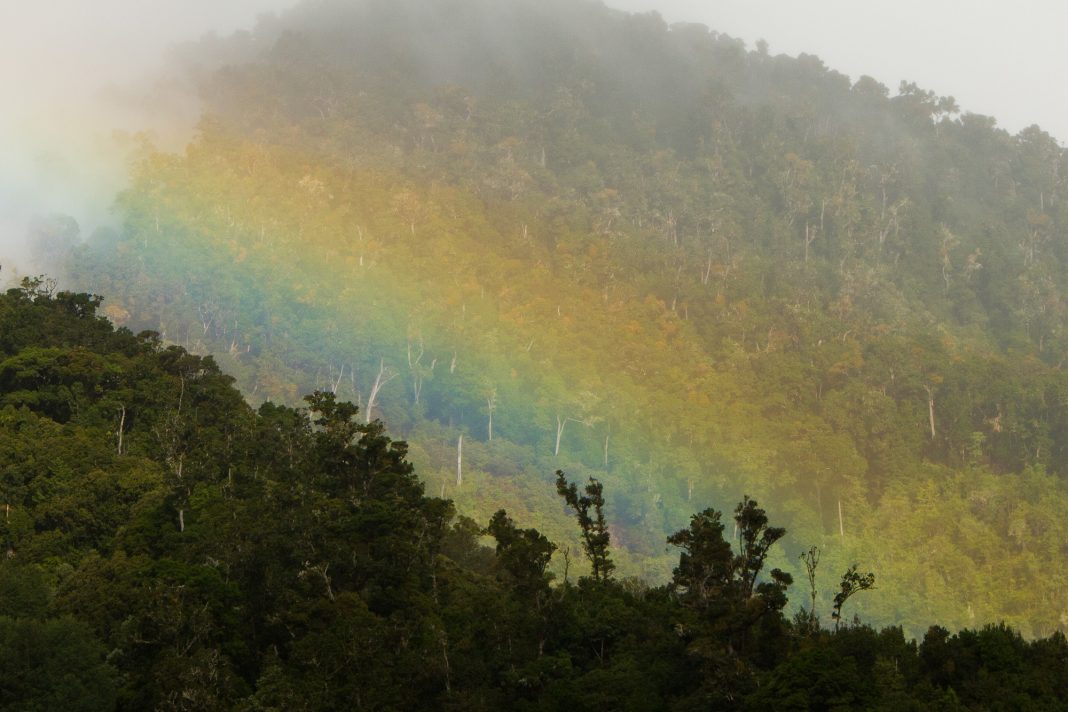I’m an introvert. When I travel, I like to hide away with a book. But despite all that, every so often, sometime extraordinary happens to me when I’m on a trip in Costa Rica. Has it happened to you?
Maybe, despite yourself, you strike up a conversation with the owner of the hotel you’re staying in, and he turns out to be a leading expert on river conservation, saving the world one drop at a time.
He ends up introducing you to the artisan who makes those cool woven purses you eyed across the street, who wanders in to pick something up and turns out to be the best damn storyteller in the whole country, keeping everyone in stitches and changing your view of Costa Rican history.
She tells you that you absolutely have to eat dinner at this new place at the center of town that has the best chicharrones in seven provinces and whose owner is giving scholarships to local youth and revolutionizing the academic possibilities of the town.
It’s an argolla, an inner circle, and the best kind to be in. You’re left thinking…
“These people just blew my mind, and I almost missed it.”

We created El Colectivo 506 because we don’t want anyone to miss it. And because, now more than ever, our communities depend on us not missing it.
One of the realizations that smacked me over the head as I was scrambling up walls at the beginning of the pandemic is that every single dollar we spend really does count. Most of us have less money than ever before, and we need it to do double duty, feeding or transporting or entertaining us while also keeping businesses from closing.
It couldn’t be more urgent. Rural tourism entrepreneurs and nonprofits make Costa Rica what it is—conserving our ecosystems for us, sustaining our local economies for us—and as the crisis continues, they are closing every month. They need us to listen, and they need us to show up.
And that won’t end tomorrow. It’s always hard to make a small rural business or nonprofit survive. COVID-19 just turned up the dial.

If we can learn more about the places we visit before we go, and keep learning about the ones that truly move us long after we leave, then we can spend our money in the best possible way. Not just in the food and services travelers buy on the spot, but also the virtual tours they might send a friend on in the future. The gift certificate they buy during a pandemic so their favorite hotel doesn’t close. The monthly donation they end up making to the chicharronería scholarship fund years into the future. The emergency donation they make after that river floods.
I’ve seen all of those things happen. Again and again. At the place where tourism, philanthropy, and storytelling meet. It’s a network that makes everyone’s lives richer, especially the lives of those visitors.
Sometimes, lives depend on it.

This photo shows one of the examples I’ll never forget: exactly these kinds of personal, international networks and connections helped families in the small town of Bijagua recover from the devastation of Hurricane Otto.
Starting on April 1st, we began sharing pieces under a new, shared byline: Directorio 506. These pieces are shaped by us, but generated by the rural tourism and nonprofit leaders we’re here to serve. (You can read them here.) Behind the scenes, we’ve have been making surveys and forms, tools and editing procedures, all designed to help us develop stories not just about, but also with rural organizations. Not just us, reporting on them: all of us figuring it out together.
We’re starting small with a few pilot members. First, an incredible sea turtle organization took us inside a night patrol in the northern Caribbean. Next, a family of farmers in Tarrazúshared what gets them out of bed in the morning. After that,a master chocolatier opened the doors of her kitchen and her industry.
That was our start. The whole month of May will be full of these stories, of this collaborative work.
 Mónica, Pippa and I believe that if we keep going—if we keep building this channel that will allow rural entrepreneurs and nonprofits to tell their stories in their own words—we can recreate the magical experience that happens when you visit a Costa Rican town and stumble upon the network of changemakers that would have been so easy for an outsider to miss.
Mónica, Pippa and I believe that if we keep going—if we keep building this channel that will allow rural entrepreneurs and nonprofits to tell their stories in their own words—we can recreate the magical experience that happens when you visit a Costa Rican town and stumble upon the network of changemakers that would have been so easy for an outsider to miss.
If we want our rural communities to come back from this or, even better, for the way we travel to be permanently shaped and improved by what’s happened over the past year, we have no time to waste.

Intrigued? Agree? This is your life story? Stick with us! Story by story, reader by reader, we’re hoping to build a community that can strengthen those connections that make us all better. Those communities are the ones doing the real work to rebuild, but meanwhile, at El Colectivo 506, we’re reading and writing and editing and publishing as if our lives depended on it.
Because the quality of our lives certainly does.
And the life of our country, without these communities and everything they represent, would be no life at all.
Originally published in our exclusive subscriber newsletter, sent every Wednesday to our mailing list. You’re not on the list? Sign up here: it’s free!






